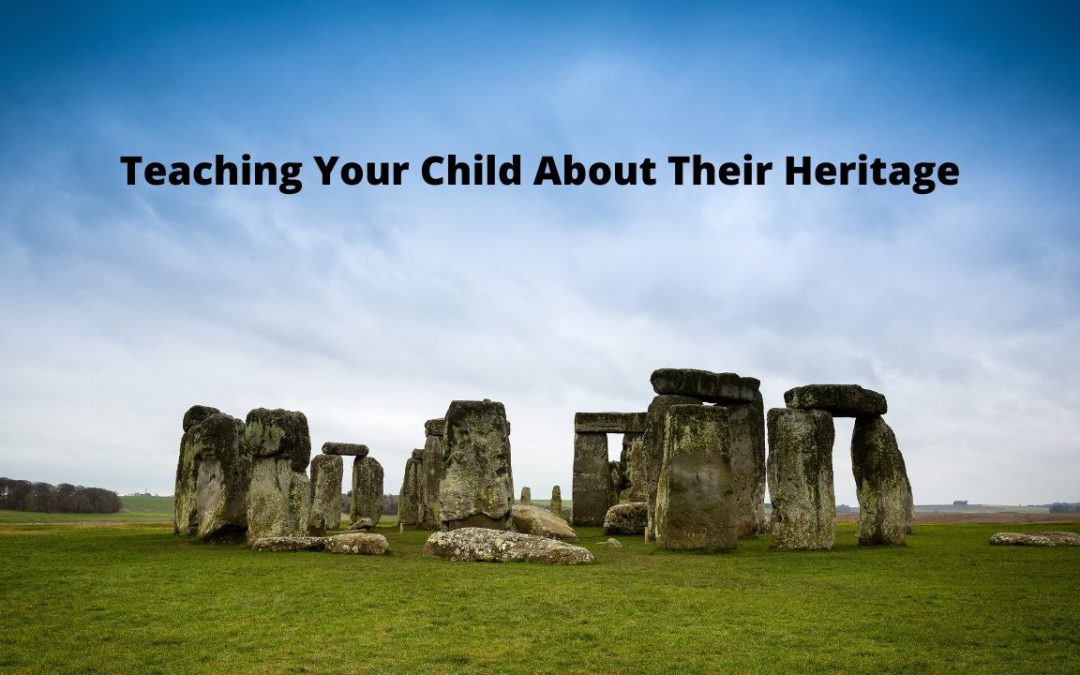Whether your child is noticing their differences within their classmates or just curious about their family, it’s never too soon to start teaching them about their heritage. It can be confusing sometimes, though, depending on their age, to be able to explain different races, cultures and the unfortunate history most of them have suffered. How do you navigate it all?
Start with the Basics
Before you begin talking about everything, be sure your child is old enough to understand some of the harder to talk about topics. You can explain them in a watered-down version now if they are really curious and wanting to know, then circle back when they are older. You can tell them events happened that weren’t pleasant, but continue on with something more direct to your family, such as a memory or piece of history that they can hold onto. Later on, if they inquire again, or you feel it’s appropriate, you can discuss certain topics such as racism, equality, and what it all means to them.
Back in the Day
Be sure to include your older relatives in the conversations, as they may want to pass down information, history, and of course stories of their own. Some of your family may have come from certain countries and have more stories and real-world experiences to share. Your children can ask them questions about what they ate, where they slept, how they were taught, and what it felt like coming to the United States. There will be endless stories and endless questions for your kids to get a better grasp of where they came from and how they can continue learning about their heritage.
Heritage Through Cooking
Another great way for your children to learn about their culture is through food and cooking. This is especially helpful and fun when you include family who have immigrated. Preparing and eating food directly from your country of origin can help your children learn more about what foods were local and which season they grew in. Your children can help select which foods and meals to prepare, then also help cook them! It’s something that can carry on for lifetimes and generations further. It can help you continue on with your culture for years to come, especially if you don’t have direct stories to tell or even aren’t as familiar with your culture’s cuisine. This is a great bonding experience no matter the age of your children!
Katie Kyzivat

